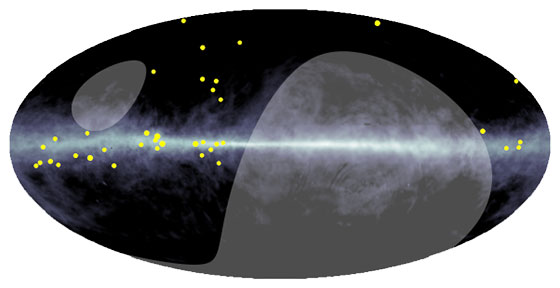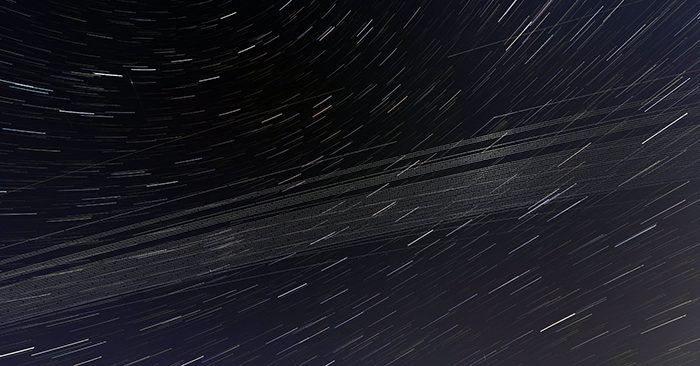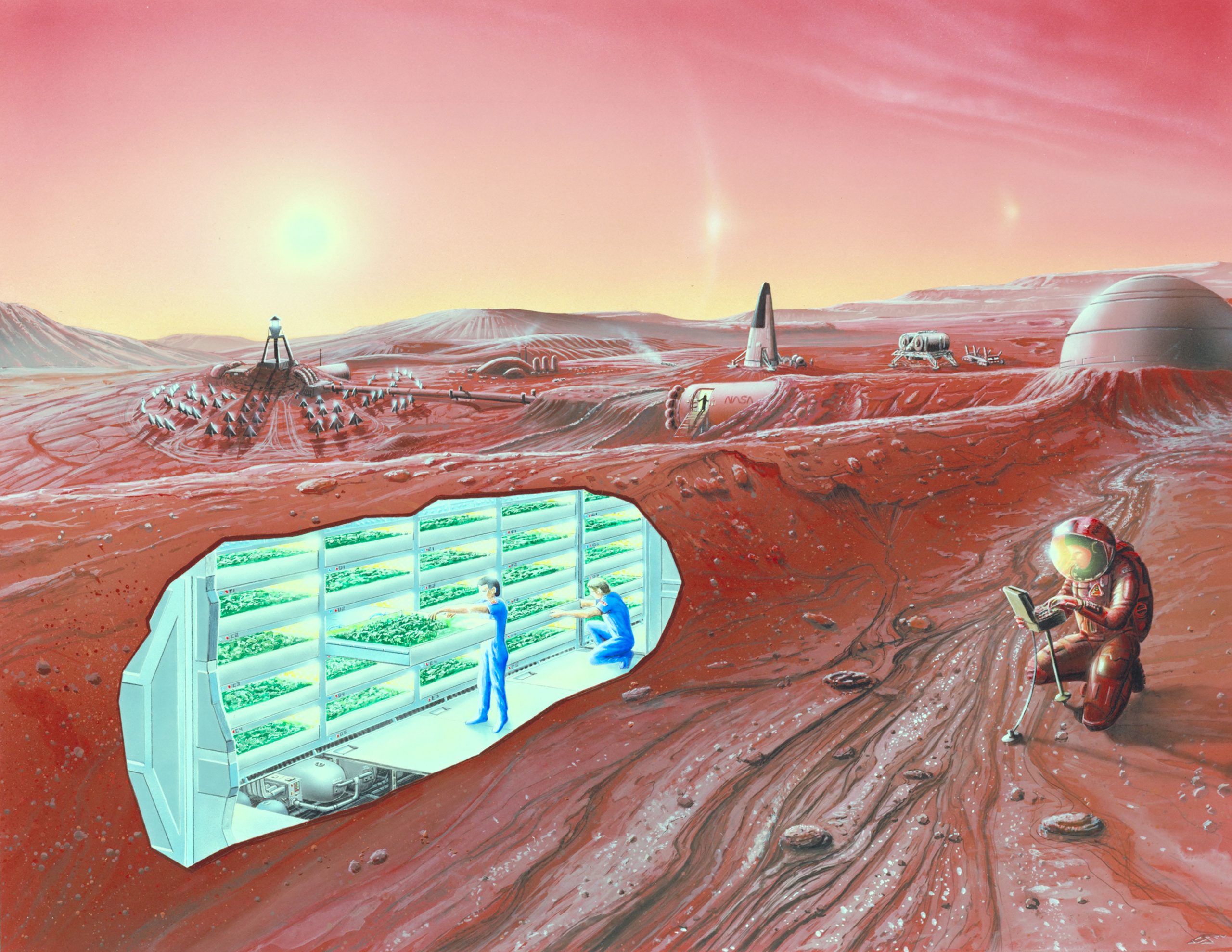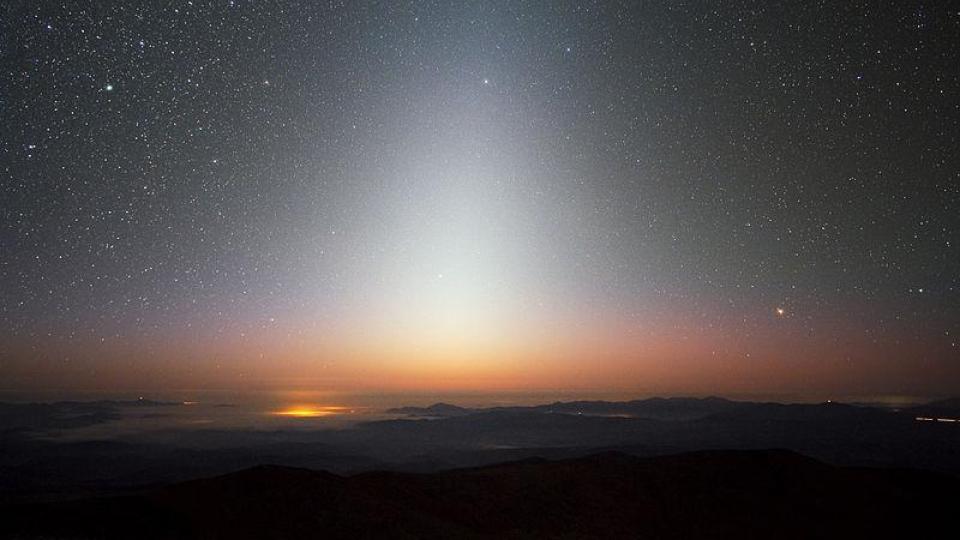The Earth’s atmosphere protects us from a Universe that’s trying to kill us, but it also blocks our view of the extreme cosmos, like seeing x-rays and gamma radiation. Space telescopes are changing our view of the most extreme events in the Universe.











